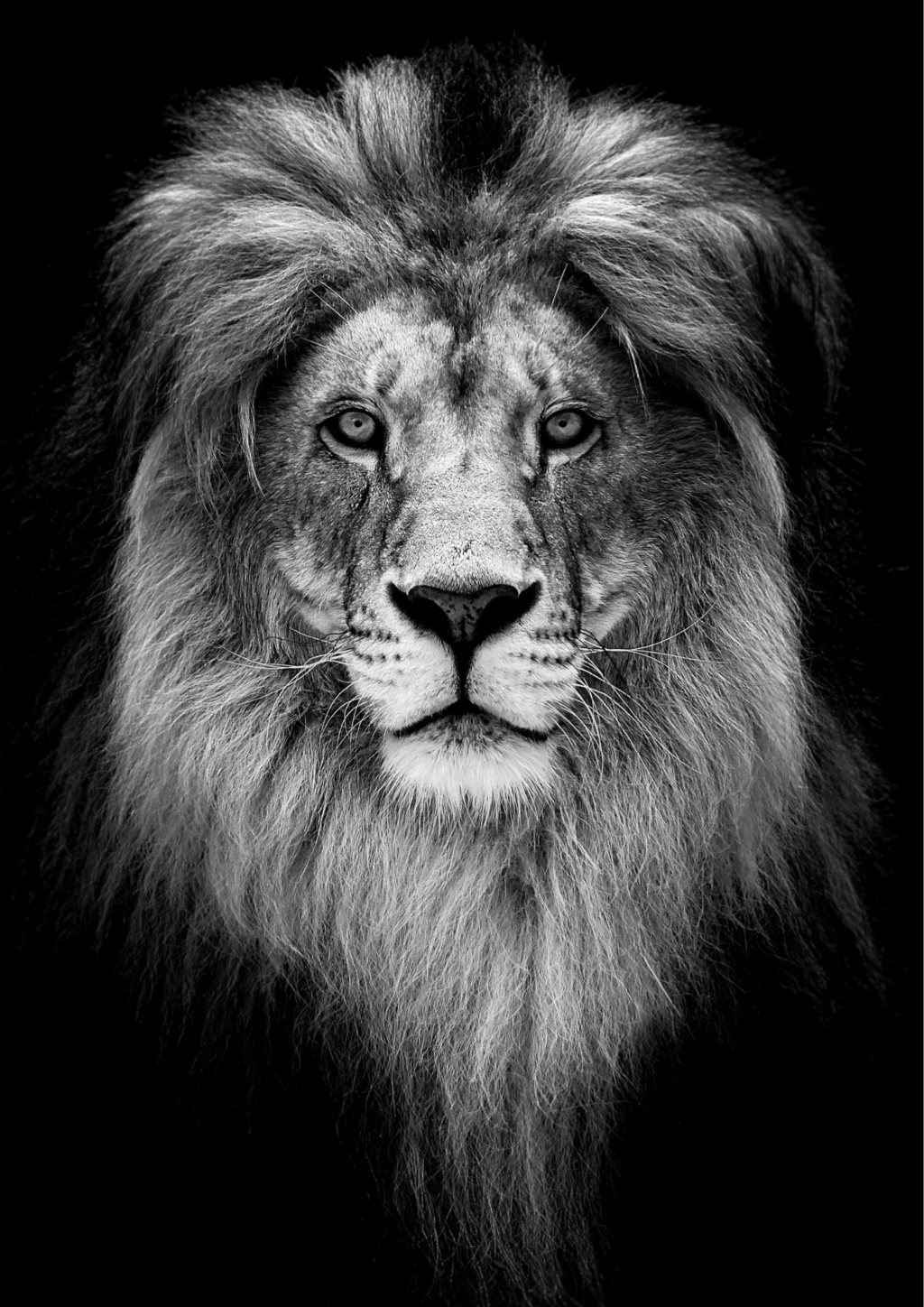
The Horrifying Truth About Lion Farming in South Africa
The king of the jungle is being dethroned and violated by the egotistical nature of the human race. Our Creator weeps due to the greed and arrogance that disrupt the ecosystem and the natural order of life on Earth.
The king of the jungle is being dethroned and violated by the egotistical nature of the human race. Our Creator weeps due to the greed and arrogance that disrupt the ecosystem and the natural order of life on Earth.
Lord Ashcraft reports that lions and tigers are bred in captivity for hunting trophies. Their bones are exported to China for the production of purportedly medicinal products, the healing properties of which remain scientifically unfounded. In simpler terms, this is nothing but a money-making scheme.
Lord Ashcraft’s team of British special forces conducted an undercover operation in South Africa, infiltrating a well-organized operation where they witnessed the brutal killing of these defenceless animals. Lord Ashcraft describes this as the most significant crime against nature in human history. In one instance, they obtained video footage of a brutal, savage killing where a lioness, sitting peacefully in captivity in a tree, was shot over nine times. The owners of a game farm near Johannesburg were also caught on camera, shooting a sedated lion on a truck. Cubs are kept in squalid conditions and then slaughtered once they reach maturity.
Camera footage also exposed deals being made by respected game lodge owners who pretend to be passionate animal rights activists. They “hunt” these animals by darting them and then shooting them. Subsequently, the tigers and lions are skinned, and the flesh is boiled off the bones. The bones are then dipped in alcohol and dried before shipping.
An adult tiger skeleton is worth approximately $20,000, while an adult lion fetches up to $4,000. Trophy hunting a lion can cost up to $50,000. It’s not uncommon for lion bones to be sold as the more expensive tiger bones. The seller leaves a piece of tiger fur on one part of the skeleton to create the illusion that all the bones are from a tiger. Once the bones are displayed and preserved, the dealer collects them to sell to the buyer, who then moves them to a storage facility before shipping them to the Far East. Big cat bones, particularly popular in China, are transformed into potions and pills for easy consumption, believed to possess aphrodisiac or supernatural properties.
The undercover team uncovered the unethical breeding farms of ligers, hybrids resulting from the crossbreeding of a male lion and a tigress. In some instances, lions are drugged, hunted, and killed by packs of dogs. In the North West province, the rule dictates that a lion must be released 96 hours before hunting. However, this rule is often disregarded for financial gain, and lions are trapped and killed immediately after release.
To diversify the gene pool, lion cubs are imported from the neighbouring country of Botswana. This underscores that lions are more endangered than ever, as breeding in captivity was supposed to ensure their protection but has instead had the opposite effect. Inbreeding and greed dictate the daily operations of these farms. Lord Ashcraft is advocating against the import of wildlife trophies and believes that the UK should follow in the footsteps of many other countries by participating in a ban on captive hunting and the import of related trophies.
Lord Ashcraft and his team took the horrific findings of this operation to the highest wildlife office in South Africa. However, instead of offering assistance in protecting the wildlife, the team was threatened, and the evidence was returned with a clear message that interference in these operations would not be tolerated by the South African Police.
Could South Africa and Asia be held responsible if this trade is directly linked to another dreaded disease like the Coronavirus? According to health professionals, this is quite possible due to the unhygienic circumstances in which carcasses are prepared and then illegally shipped worldwide.
What do conservation experts say about the contribution of these farms to agriculture and revenue in South Africa?
Among the 200-plus farms, lions are confined in small enclosed pens, merely fed until they are ready to be killed. The scale of these operations is enormous, yet only a select few benefit from them. There are approximately 12,000 captive lions in South Africa, roughly four times the total number of wild lions.
Mr. Colin Bell, a conservationist and wildlife tourism expert, spoke with Lord Ashcraft and believes that this industry is unnecessary and born from pure greed. Unfortunately, the enormous profits benefit only a few greedy individuals and do not contribute to South Africa’s Gross Domestic Product. In other words, it adds no value whatsoever to production, services, or income.
The damage to Brand South Africa is extensive, and the impact will hit the country like a tornado, endangering the well-being and future employment of many South Africans.
Andrew Muir, a leading wildlife expert, expressed his concerns to Lord Ashcraft, as the canned hunting lobby consists of wealthy and powerful individuals who operate under the guise of “sustainable utilization,” a term they use to justify the industry. According to Andrew, canned hunting should be outlawed worldwide, as there is no conservation value or justification for this industry.
On May 2, 2021, South Africa announced that it would cease captive breeding and canned hunting of lions. However, in 2023, lions are still being farmed for hunters and tourism, and their bones are still being illegally shipped. The Department of Environmental Affairs claims that captive lion hunting falls under the responsibility of the Department of Agriculture, once again passing the buck.
